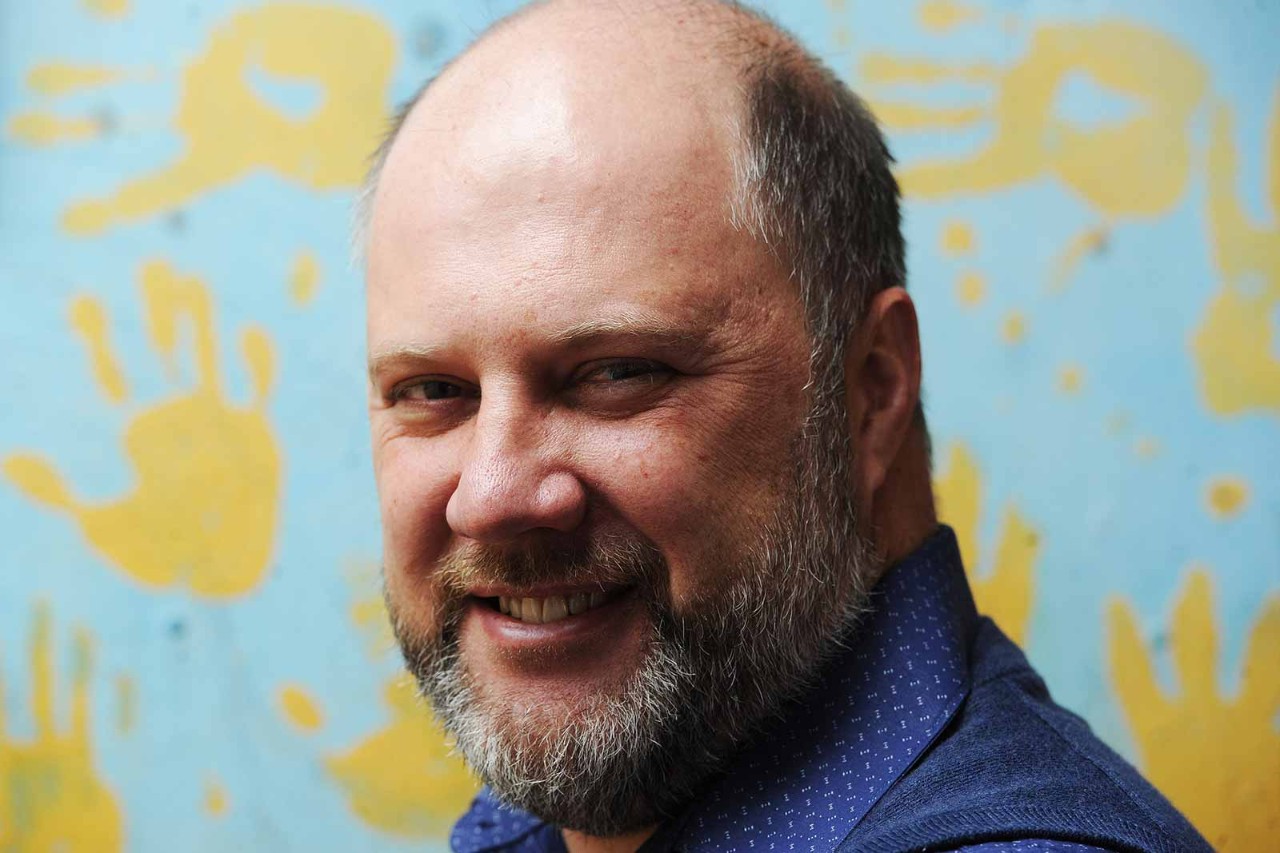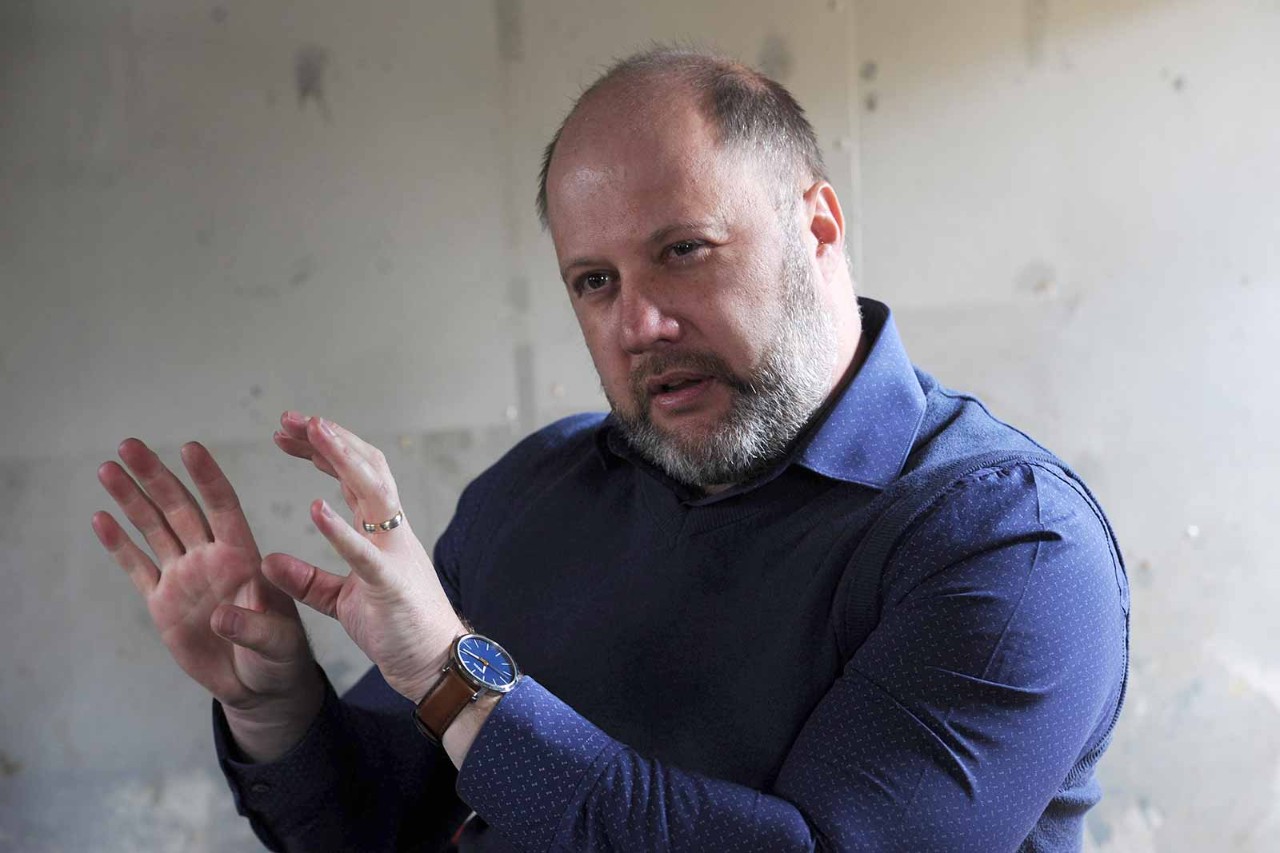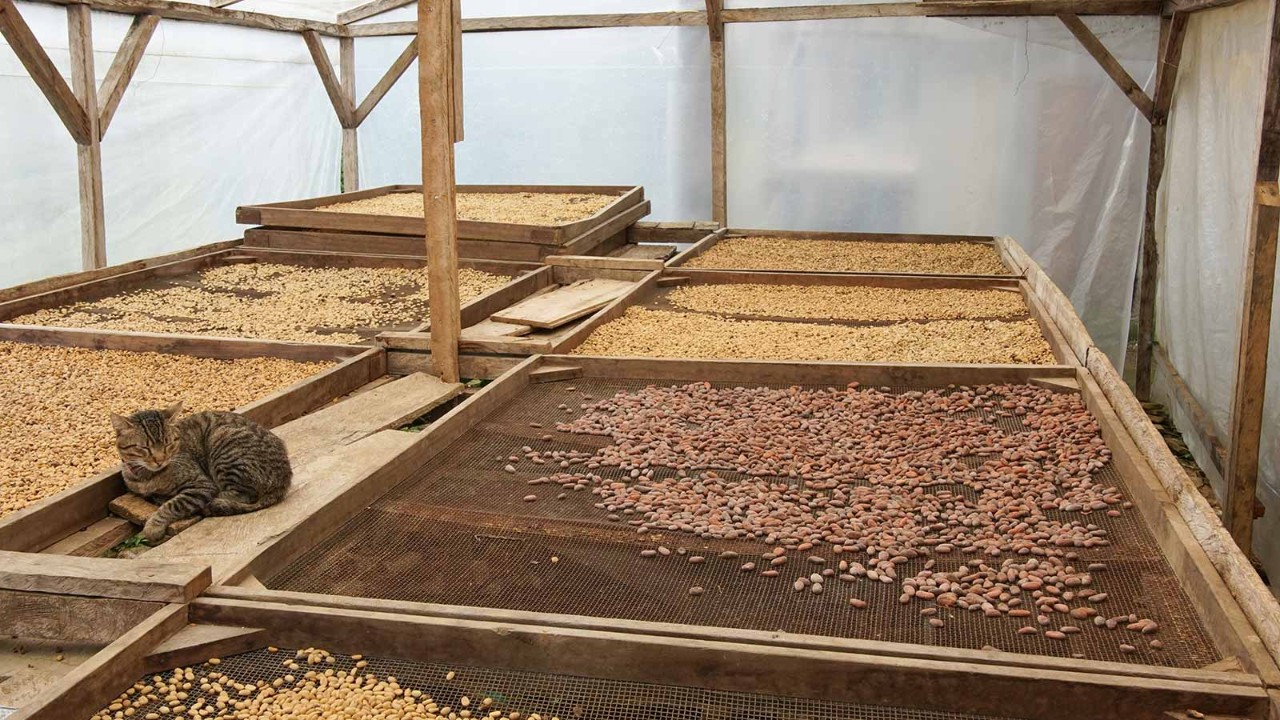
As fears grow over a third wave of Covid-19 infections in many African countries, Nico Esterhuizen FCCA is watching the situation unfold with particular concern. As CFO of Joint Aid Management (JAM) International, an African-focused humanitarian relief and development organisation providing life-saving interventions and development projects, he is used to challenges, but the impact of the pandemic has taken the scale of need to another level.
‘It has put a lot of people back into extreme poverty, highlighting how fragile the continent is,’ he says. ‘In Africa, it could take more than nine generations for a family to move from extreme poverty to meet the country’s median income, and years of scientifically proven interventions to get people to a position where they can contribute to an economy. The pandemic has almost wiped out five to 10 years of good work.’
‘The pandemic has almost wiped out five to 10 years of good work’
CV
2020
CFO, JAM International
2010
Programme lead, solvency assessment and management, then general manager, insurance risks, South African Insurance Association (SAIA)
2007
Head of internal audit, then of risk management and compliance, Outsurance Group
2003
Internal auditor, internal audit manager and then acting head of internal audit Discovery group
2002
Internal auditor, Road Accident Fund
2001
Trainee accountant, Office of the Auditor General
1999
Trainee accountant, Middel and Partners
JAM operates in some of the most dangerous locations on the continent, providing professional interventions, including health and nutrition, food security and livelihoods, clean water, sanitation and emergency response to vulnerable communities in seven countries. In South Africa, it delivers regular meals to 3,000 shack-based pre-schools across the country that feed between 90,000 and 135,000 children – an operation that was seriously disrupted when schools were forced to close due to the pandemic. In January it was active in Mozambique, helping communities that had lost their homes to Cyclone Eloise, as well as others in the north of the country fleeing Islamist insurgents.
Climate issues
Covid, of course, is only the latest challenge. In recent years, climate change has also had a massive impact on food security across the continent and hence the work of JAM.
‘Climate change has meant that the eastern side of Africa receives more devastating rain and the western side more drought. Both threaten the lives and livelihoods of millions of vulnerable people. Flooding means no clean water and destroys crops. Drought means no water and no crops. We have definitely seen this become more prevalent, and it has increased our workload,’ Esterhuizen says.
Learning curve
Esterhuizen joined the organisation in January last year, having previously worked for top corporates in South Africa. His remit is broad: as well as overseeing the group’s finance function, he has responsibility for information technology and management information systems, and human resources. He points out, though, that the stakes are far higher than they are in a commercial business, and the risks employees face are of a different magnitude.
He admits he had a lot to learn. He once suggested returning a delivery of expensive imported infant formula and replacing it with a cheaper standard option. ‘But when that formula is for malnourished babies you can’t do that – if the supply chain breaks, people die. Babies die. That was one of the first lessons I learnt here.’
Technology solutions
Despite the challenges, Esterhuizen has also seen opportunities arise from Covid. When last year’s lockdown in South Africa forced all schools to shut, including the pre-schools JAM caters to, thousands of desperate people were unable to benefit from JAM’s food supplies.
Technology offered a solution. Working with a large grocery store chain, JAM introduced a voucher system whereby beneficiaries are sent a grocery voucher by SMS text, sparing them the humiliation of joining long food queues.
Esterhuizen would like to see the system replicated in other countries in which JAM operates, but it is not always feasible in remote areas where grocery stores are few and far between. ‘But there is mobile technology and this is an area in which we want to innovate – bringing aid closer to people in a simpler, more convenient way,’ he says.
JAM is also employing Last Mile Mobile Solutions (LMMS), an innovative technology for humanitarian aid delivery, in countries where it operates, such as Sierra Leone. ‘Each beneficiary gets a card with biometric information to identify them, and a food quota. We can scan the card and know how many meals an individual has received and the last time they received one,’ Esterhuizen explains. ‘It takes away a lot of the manual work and shows us the reach we have achieved in a specific area.’
Working together
Cross-organisational collaboration is a vital ingredient in JAM’s work and extends far and wide.
‘Getting people out of poverty and into a position where they don’t fall back into poverty requires support from governments and all of society,’ Esterhuizen says. ‘As a professional humanitarian aid and development organisation, we cannot operate alone. To raise a child, you need to involve the whole community. I bring what I have and I get input from others, including the beneficiaries, and together we make a decision for the benefit of people.
‘We work in a specific space. There is always a preceding or next step where another NGO needs to come in. We need to ensure the continued care of these people, and collaboration is key to make an Africa that can thrive.’

‘I want to be able to look back on my life and know that I have done something meaningful’
Basics
Joint Aid Management (JAM) International provides life-saving nutritional relief in South Africa, South Sudan, Sierra Leone, Mozambique, Rwanda, Uganda and Angola. In addition to its emergency food response, it has localised programmes to assist the development of countries in which it operates.
Founded in 1984, JAM reached 3.9 million people in 2020, in seven countries across the continent.
JAM employs up to 600 permanent staff, plus additional temporary employees and volunteers. Its donors include trusts, foundations, corporates, churches and individuals, and it partners with several United Nations agencies, including the Food and Agriculture Organisation, Unicef and the World Food Programme, as well as the governments of the countries in which it operates.
Esterhuizen, who chairs ACCA in South Africa, credits his ACCA education for his ability to work across countries and across 17 currency jurisdictions, some of them in high-inflation environments.
‘ACCA is a really wonderful qualification to have, whether or not you want to be a professional accountant, because it covers business analytics, ethics, risk, governance, audit, financial management, IFRS, taxation, management accounting and even project management. You get skills that will be useful for the rest of your life,’ he says.
‘Wherever we operate, if I have appointed an ACCA accountant I know exactly what I am going to get: a consistently high-quality professional, whether based in Juba, South Sudan or Washington, USA.’
Authentic leader
Good leadership is paramount for Esterhuizen, who heads up a team of 30 finance staff spread across seven African countries and fundraising offices in developed economies, including seven ACCA trainee accountants. He prefers an ‘authentic’ leadership style that emphasises people and ethics, but also involves humility and admitting you do not have all the answers. ‘Authentic leadership involves thinking about long-term impact and the benefit to others. When you put your ego aside, you make better decisions,’ he says.
He could be commanding a top position in the business world, but says he is where he wants to be, giving expression to the motto posted on his Instagram profile: ‘Know your purpose and change the world.’
‘I want to be able to look back on my life and know that I have done something meaningful,’ he concludes. ‘At JAM, I’m achieving a long-held ambition.’


